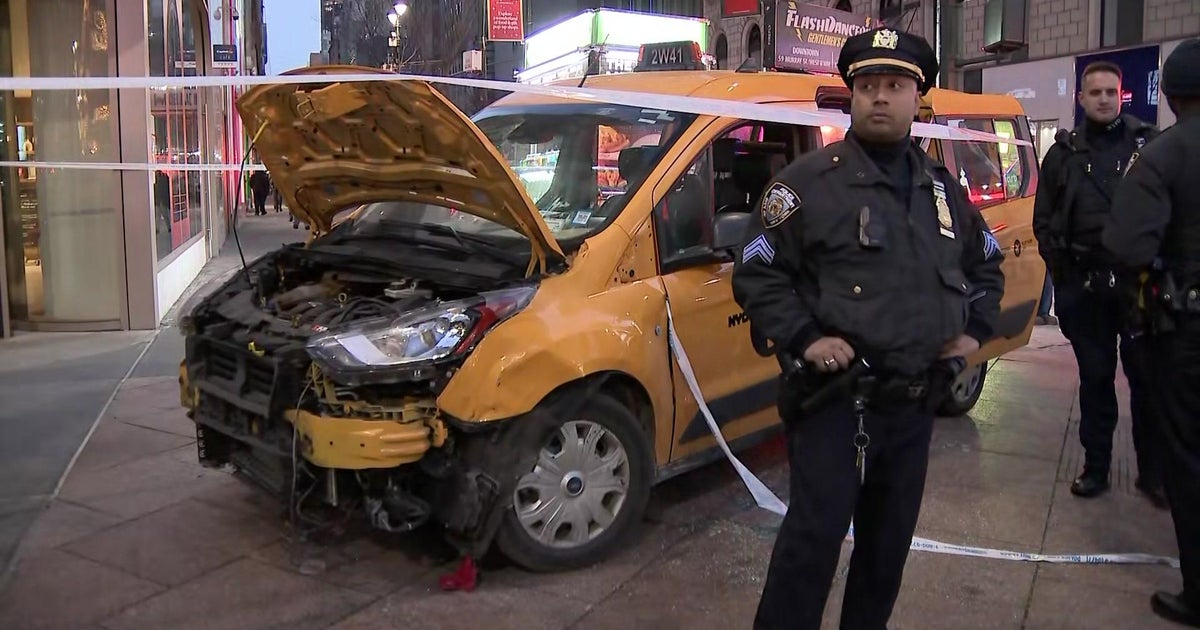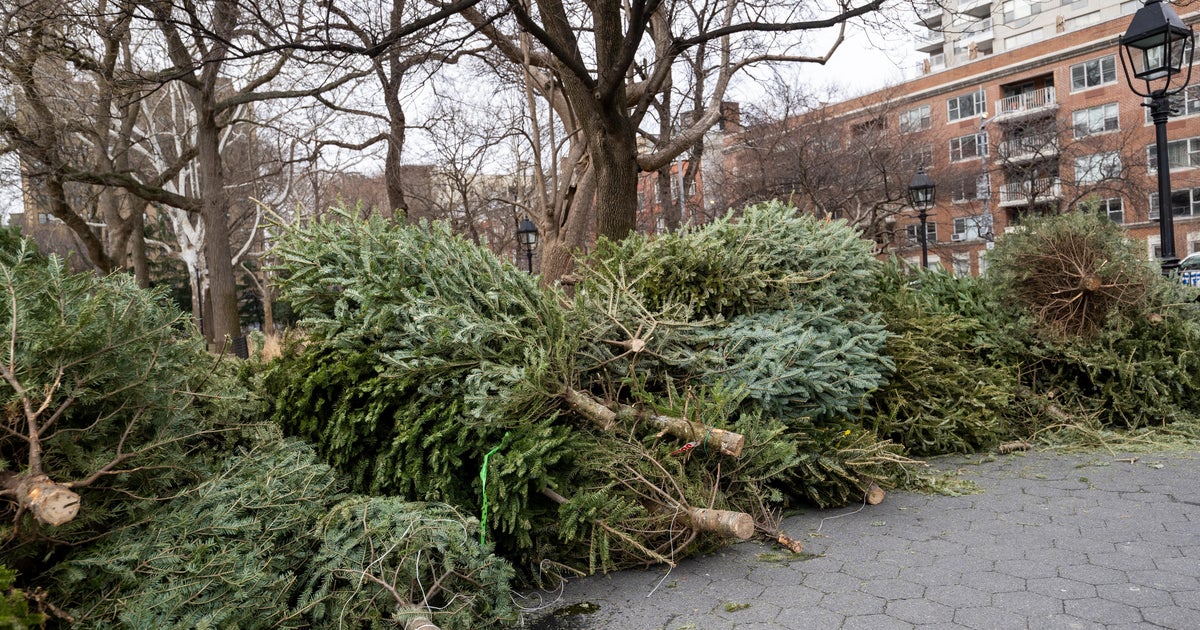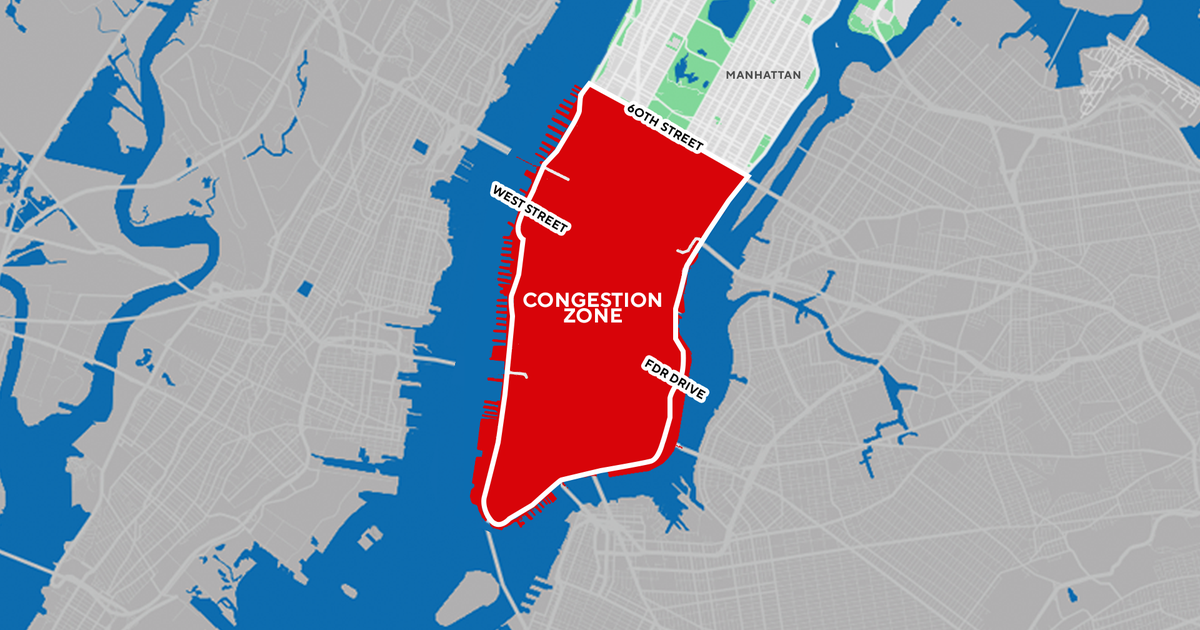City Of Newark Reaches Settlement With Girl Who Was Detained For Recording Officers
NEWARK, N.J. (CBSNewYork) -- The City of Newark has reached a settlement with a teenage girl who was handcuffed and detained for videotaping city police officers in an incident on a public bus back in 2010, according to the American Civil Liberties Union of New Jersey.
In a lawsuit filed last year, Khaliah Fitchette, then a 17-year-old high school student and now a sophomore at Cornell University, claimed that she was unlawfully threatened with criminal charges and that the officers illegally seized her cellphone and deleted the video.
The lawsuit said Fitchette and several classmates were riding a city bus on March 22, 2010, when a man in front of them collapsed. The driver called for Newark police for assistance, and Fitchette, whom the ACLU said "habitually used her phone to record or take photographs," began recording the event.
Newark Police Officers Noemi Maloon and Lloyd Thomas responded to the scene and after spotting Fitchette videotaping the incident, ordered her to turn the phone off.
The lawsuit claimed Fitchette was detained when she refused and that officers ignored her repeated pleas to call her mother.
"She grabbed me and pulled me off the bus and took me to the cop car which was behind the bus," Fitchette told WCBS 880 reporter Levon Putney last year. "... and then I just started crying."
Details of the settlement were not released.
The ACLU said in addition to the settlement, Newark police Director Samuel DeMaio has issued a training memorandum stating that people have a right to record police officers performing their duties. The memorandum by DeMaio was issued last year when Fitchette's lawsuit was still pending.
"We are pleased that the Newark Police Department has adopted a policy that clearly articulates and respects the constitutional rights of citizens to record police activity," said Seton Hall Law Professor Barbara Moses, who, along with Seton Hall Law students, represented Fitchette with the ACLU. "We hope this policy prevents incidents like the one involving Khaliah Fitchette from ever happening again."
In a news release, Fitchette said she hopes people will now know their rights.
"I'm glad this is resolved and I can put this behind me," she said. "It's important for everyone to know their rights, especially since most people now have cellphones with video capabilities."
In some jurisdictions in the country, videotaping police officers is, or has been, illegal.
In Illinois, for example, the practice was long banned unless all parties in a conversation consented to audio recordings of what was said, even in public spaces. Thus, someone who recorded a police officer, prosecutor or any other member of the law enforcement community without his or her permission could be charged with a Class 1 felony in Illinois.
A Cook County, Ill., judge ruled against the Eavesdropping Act in March, after Chicago artist Chris Drew was charged with videotaping his own arrest for selling art without a permit. Then in May, federal appeals court ruled that the law "likely violates" the First Amendment and banned enforcement of it.
Police interests in Illinois have claimed that allowing the recording of officers will impede their investigative powers.



